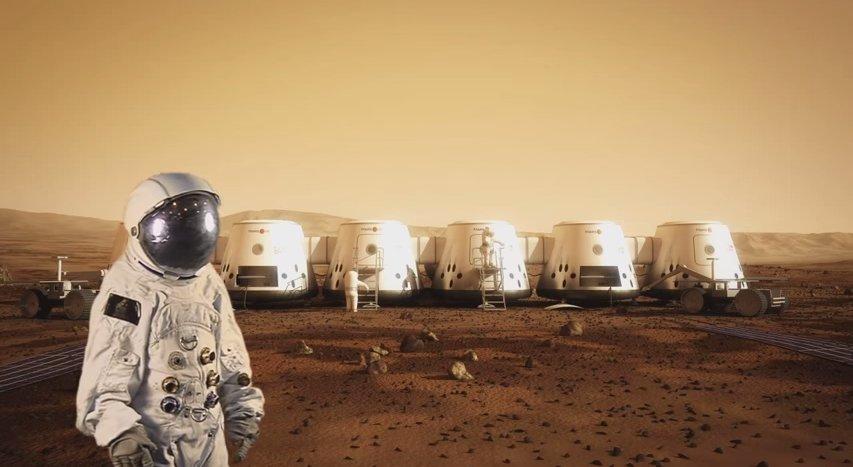What would life be like on Mars? Why would someone decide to leave everything behind and colonize the Red Planet? Entrepreneur Bas Lansdorp was so curious that he has decided to launch the mission Mars One, which aims to send 24 people from around the globe (this one, for now) to establish a permanent human settlement on Earth’s neighbour. Among the 100 individuals competing for a seat is Mohammed Sallam, also known as “Mido”. He is the only Egyptian, and Arab, running to be involved in the project. We talked to Mido about his aspirations, fears, and asked what he would miss most about the planet he still calls home. What prompted you to join Mars One? Since I was a little kid I wanted to be an astronaut and explore the universe. I love mysteries and I love to search the unknown. When I saw the program I did not blink, really, especially since I live in a country that does not promote space as a valid career option. So, for me, Mars One was the golden buzzer. What are you hoping to get out of the mission? Science! I…




